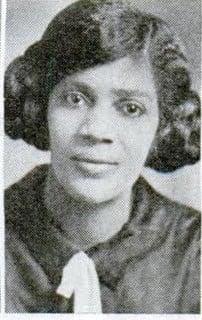Things Said When He Was Gone
My branch of thoughts is frail tonight
As one lone-wind-whipped weed.
Little I care if a rain drop laughs
Or cries; I cannot heed
Such trifles now as a twinkling star,
Or catch a night-bird’s tune.
My whole life is you, to-night,
And you, a cool distant moon.
With a few soft words to nurture my heart
And brighter beams following love’s cool shower
Who knows but this frail wind-whipped weed
Might bear you a gorgeous flower!
This poem is in the public domain. Published in Poem-a-Day on February 2, 2025, by the Academy of American Poets.
“Things Said When He Was Gone” by Blanche Taylor Dickinson appears in the anthology Ebony and Topaz: A Collectanea (National Urban League, 1927), edited by Charles S. Johnson. In her 1977 essay, “Rewriting Afro-American Literature: A Case for Black Women Writers,” poet and educator [Akasha] Gloria T. Hull wrote in the section titled “Tracing a Black Female Literary Tradition”: “[W]omen writers are generally isolated—from each other as well as from the mainstream. Very few mentor relationships exist between older and younger writers […] Notable exceptions are the Harlem Renaissance—Georgia Douglas Johnson’s circle—and the present group of New York City-based writers. However, there does exist a tradition of support, in which black women writers give each other the precedent and the courage to write—and to write about their black female experience. A minor poet in Caroling Dusk, Blanche Taylor Dickinson, numbered among her favorite poets Edna St. Vincent Millay and Georgia Douglas Johnson. Because Johnson, especially, had written before her about personal issues of black womanhood such as physical appearance, she could write a poem like ‘Revelation,’ which tells the story of a girl dazzled by store window displays, who bought a dress, waved her ‘soft black hair,’ and applied cosmetics to make herself ‘neat and fair.’”

